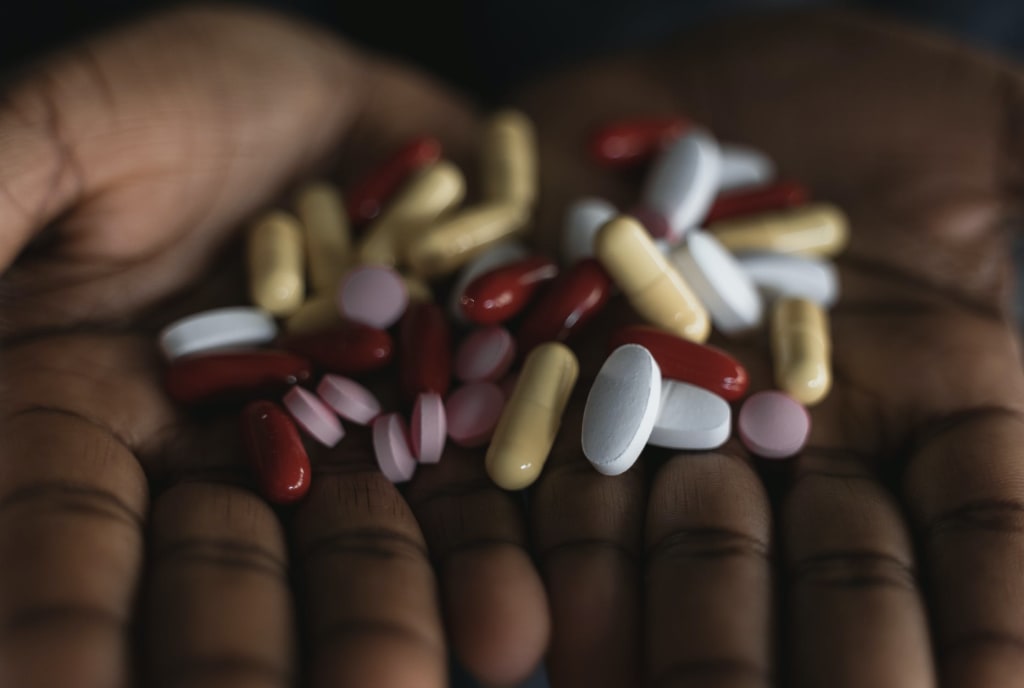How Drug Abuse and Addiction Develops
Drug Abuse and Addictions

The most frequent misconception about drug addiction and abuse is that drug abuse develops slowly, over time, without abrupt changes in behavior or energy levels. This is simply not the case. Drug abuse and dependence is actually more about the intensity of the drug usage or the repetitive nature of the drug usage, and less about the length of time the drug usage was ongoing. Withdrawal symptoms are very real and problematic, particularly when they occur during sleep cycles and when driving or operating heavy machinery is involved. The drug user may be experiencing physical withdrawal but it may also be due to psychological concerns such as depression, anxiety, guilt, resentment, and even paranoia.
Some users begin to experience the symptoms of drug abuse or addiction on a more subtle level, through repeated exposure to certain drugs. In many cases, people get into drug using patterns that can result in abuse or addiction over time. For example, if a person is dependent on cocaine for comfort and relief from stress, they may become so dependant upon the drug that they begin to experience physical withdrawal symptoms when they stop using the drug. However, this does not mean that a person cannot develop cravings for drugs other than cocaine; they just do not have the same intensity or occurrence as the drug user would have when they are high. When someone begins to experience cravings, especially after long periods of drug abstinence, they may want to lessen the amount of drugs they are ingesting, which could lead them to trying illegal substances in an attempt to lessen their cravings.
How does one know when they have a drug problem or addiction? There are several warning signs, including the realization that the substance abuse or addiction interferes with functioning in daily life, creating problems in relationships or work, loss of employment or diminishing potential for advancement. Abusers of a drug abused substance may experience symptoms like insomnia, restlessness, depression, irritability, anxiety, anger, paranoia, social withdrawal, or even panic attacks. These symptoms may seem relatively mild to a non addict, but they could soon begin to lead to major difficulties in life if left untreated or left unchecked.
It is important to recognize the signs of drug abuse or addiction in oneself or a loved one. It can be tempting to simply ignore the problem, but this could prove to be self-defeating. The problem is not always easy to recognize, which means that it could get much worse before it gets better. If you suspect that your loved one or yourself may be abusing drugs, you should consider seeing a doctor for a complete checkup and assessment of your health. It is important to realize that drug addiction and abuse is a very real condition, even if it seems harmless at first.
One way to detect whether or not a person has a drug addiction disorder is to keep an eye out for behavioral changes. A person who begins to smoke regularly or uses drugs and alcohol will exhibit more behavioral changes than a person who only uses drugs occasionally. Also, individuals who are more open about their drug use will most likely be more likely to develop addictions. Those who are careful to keep their drug use discreet will not develop addictions. Another way to spot drug addiction disorders is by looking for physical signs. If a person continually feels sick, depressed, or bloated, they may be suffering from drug addiction or another condition.
Most drug abusers and addicts begin using drugs because they are bored, frustrated, lonely, or feeling stressed out. However, many people start using drugs because they are trying to alleviate these or other symptoms. Other reasons for using drugs can include trying to cope with anxiety, depression, or simply a lack of interest in usual activities. It is important to keep in mind that all drugs have potential side effects and that not everyone will experience them. Some drugs, like marijuana, can actually be used as a form of meditation.
The most common signs of drug addiction are withdrawal symptoms when a person decides to stop using the drug or medication they are abusing. When a person quits using a drug, there are many warning signs. These include experiencing cravings for the drug, becoming agitated and violent when wanting to take the drug, experiencing insomnia, and being unable to sleep due to the drug's presence in their body. If a person continues to take prescription drugs after displaying these warning signs, it is important to speak to a medical professional for a confirming diagnosis.
Treatment for drug addiction varies from person to person. It is important that treatment centers take into consideration the biological, psychological, social, and financial factors that may contribute to a person developing an addiction. Inpatient drug rehab in La Habra CA can help individuals reclaim their lives and their health while learning how to avoid addictive behaviors in the future. These recovery programs should be carefully tailored to meet the specific needs of each individual.






Comments
There are no comments for this story
Be the first to respond and start the conversation.